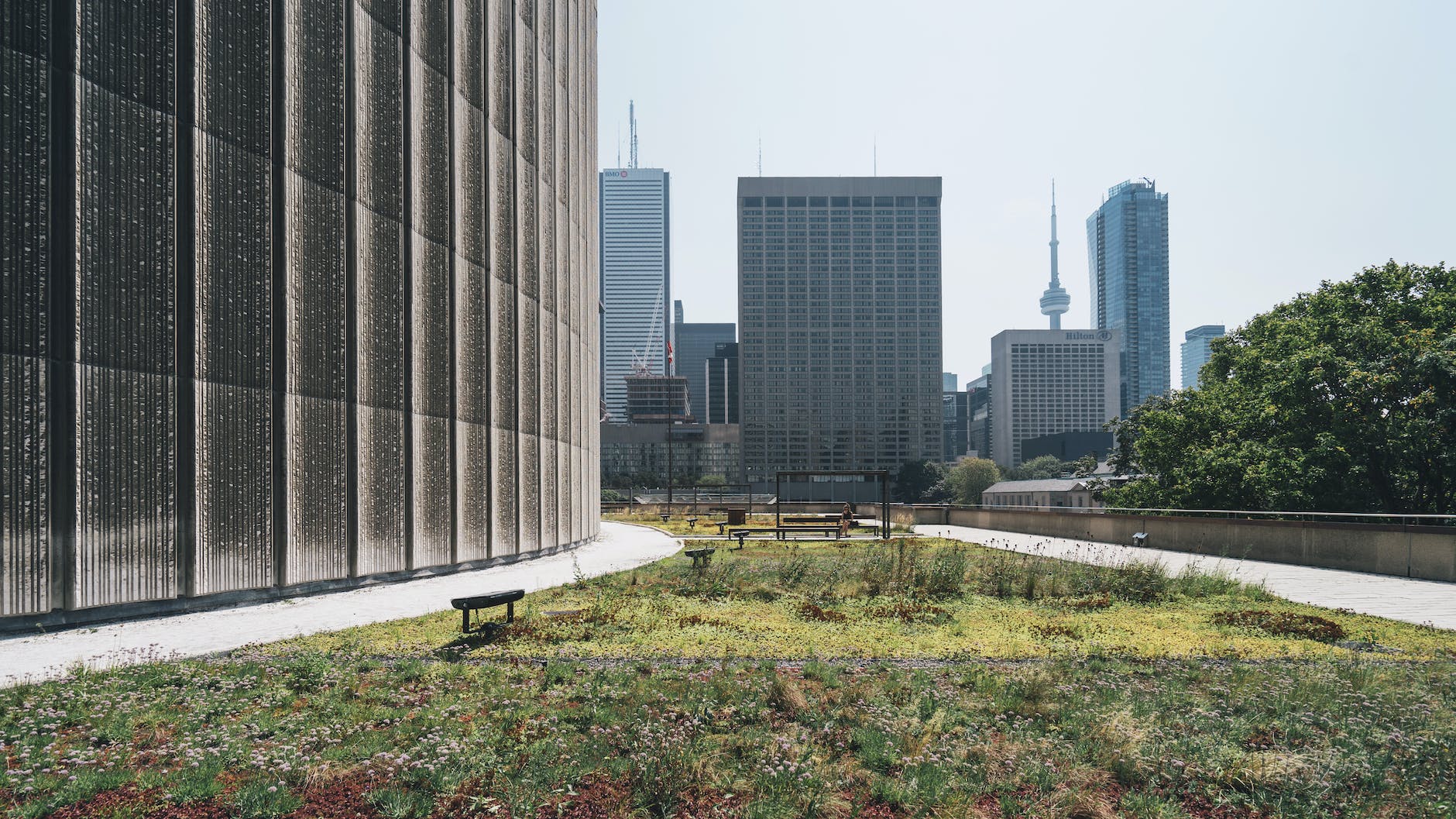
Green.org sat down with Mike Gordon, of Joule Assets, to learn how they are actively empowering communities, businesses, investors, and individuals to capitalize on Sustainable Energy Assets in the U.S. and Europe by expanding small customer market access, encouraging community-scale clean energy programs and facilitating energy efficiency markets.
Founder & Chief Strategy Officer, Joule Assets
Contents
- 1 Who is Mike Gordon?
- 2 Mike, thanks for being here. We shared a formal background but in your own words tell us a little bit about yourself:
- 3 What would you do with $1 Billion dollars?
- 4 Why do you think sustainability is such an important topic today?
- 5 What do you envision your industry looking like 10 years from now?
- 6 What can the average person do to make a difference?
- 7 Mike, thank you for joining Green.org and sharing how Joule Assets is empowering communities to capitalize on sustainable energy assets.
Who is Mike Gordon?
A founder of two global energy companies, Mike Gordon is considered the father of the Energy Reduction Asset class, a “founding father” of the demand response industry, a critical player in expanding and enhancing the CCA market, and a key architect of new financing solutions for the energy efficiency marketplace.
Recognized as a City & State Reports Social Responsibility honoree; and honored twice for his leadership by the Local Energy Aggregation network (LEAN), Mike also frequently serves as counsel to U.S. and European governmental bodies and regulators, including the Federal Energy Regulatory Commission (FERC), the European Commission, and the United Nations’ Conference of Parties on Climate Change.
In 2000, Mike founded ConsumerPowerline (CPower), generally recognized as the first demand response aggregator in the U.S. Specializing in end users in wholesale electricity markets, CPower became the largest provider of short notice demand response in the world. Previously, Mike negotiated “first of their kind” collective buying contracts for consumers in Washington DC, Maryland, New Jersey, New York, and Massachusetts. These collective buying contracts in energy continue to save consumers in excess of $200 million each year, for the last 35 years.
In 1981, Mike was a Director at the New York Public Interest Research Group (NYPIRG) for two years. Mike holds an M.A. in Public Administration from Harvard’s Kennedy School, and M.B.A. from the Wharton School at the University of Pennsylvania, and a B.A. from the State University of New York at Binghamton.
I have sought to spark social and environmental benefit products and economies. These endeavors have borne some fruit as a crew of pioneers have sparked “consumer power” movements in consumers exercising their “oligopsony power” through collective purchase of essential commodities. 1980s collectives of home heating oil purchasing, gave way to collective purchases of prescription drugs for people with AIDS (80’s & 90s, through non-profit collectives) and clean electric power (’00s & ’10s, through Community Choice Aggregation municipal authority).
I implemented an additional and alternative approach as well, beginning in 2000–we sold our willingness to reduce our electricity consumption on call, as a resource that could be paid akin to a stand-by generator that is paid to ramp up production when the power grid is under stress. This “demand response” industry now pays U.S. consumers roughly $2 billion per year to provide these grid services.
What would you do with $1 Billion dollars?
Invest it in one or a number of companies that drive benign regulatory outcomes, then engages in business lines that deliver the benefits of these benign outcomes to traditionally less powerful folks.
Why do you think sustainability is such an important topic today?
We must begin to think more profoundly and creatively around “closed-system” processes and economies–resources are finite. The world will certainly survive us and we will likely even survive within the world, in some fashion. What’s up in the air, in my view, is the quality of life we will achieve as a species. The range of outcomes is remarkable–we could be living on test tube nutrition, mostly boxed in a room or we could be laughing and singing by a fire with our compatriots, in the woods or in our drawing rooms. That decision is largely up to us, in my view.
What do you envision your industry looking like 10 years from now?
Similarly, bifurcated possibilities. We could offer technology solutions that charge oodles for the barest of “green resources” or, we could be organizing and educating. I prefer constructs that create more of the latter.
What can the average person do to make a difference?
Demonstrate a successful product or program. Join one if you haven’t yet found the opportunity or the idea to demonstrate/initiate.
Mike, thank you for joining Green.org and sharing how Joule Assets is empowering communities to capitalize on sustainable energy assets.
Join leaders in business, energy, tech, and sustainability at the 2023 International Green Summit.
Dylan Welch is the CEO and Host of Going Green, a podcast, website, and social media brand that highlights renewable energy, cleantech, and sustainable news.